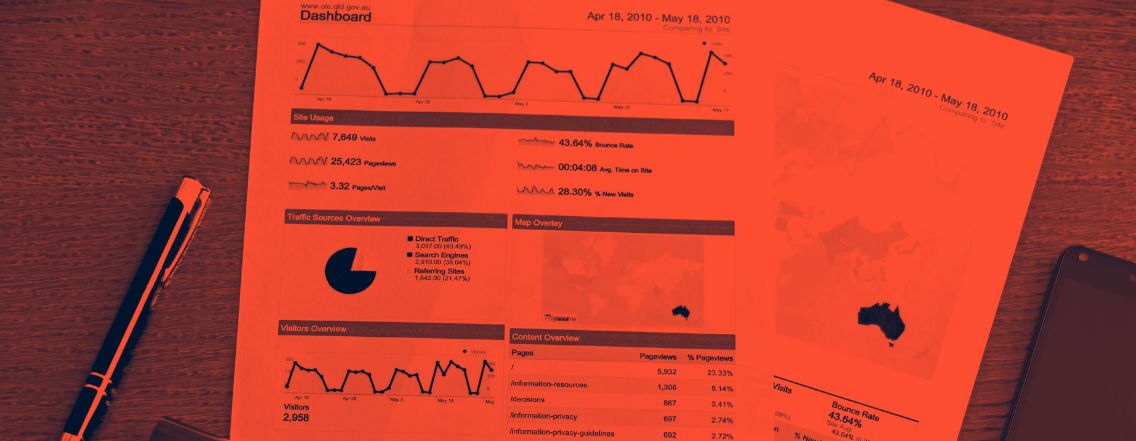1 – Direct Debit process is long
You are a merchant and think that offering payment by Direct Debit to your clients will lead to longer fundraising processes? Think again!
A direct debit is processed the day after the submission of the transaction to your bank. Within 24 hours funds are collected and at your disposal on your bank account.
As direct debit is often used in the context of recurring payments, you are guaranteed to receive your funds regularly and quickly and in correlation with your type of business model: subscription, payment for use …
Thus, if you want to collect all your customers on the 6th of the month, you just have to prepare your payment orders and submit them the day before (the 5th) so that the collection is done on the desired day. Useful for managing your cash flow (predictability and income recurrence)!
Furthermore, at a time when consumers expect more and more speed in their access to services, it is important that the payment technologies are able to follow this trend that tends towards immediacy.
2 – Direct Debit requires paper-work procedures
Error! If you may still have to fill out a paper authorization form, you should know that 100% digital options exist! The direct debit mandate is the authorization given by a debtor (customer) allowing the creditor (here the merchant) to collect future payments on his bank account at any time. And he can treat them online! It is as safe as the paper mandate and must adhere to these 3 steps to be compliant:
- Identify the debtor ( for instance using the person’s identity)
- Its reinforced authentication as defined by the European Central Bank ( in terms of 2 factors such as the personal ID number and a unique password sent by SMS on a mobile phone),
- Finally, the authorisation ( for instance, the signature or the approval of an e-mandate) that uses the advance electronic signature in conformity to the eIDAS legislation provided by an approved Certified Authority that includes the client deal.
3 – Direct Debit is a payment method dedicated to a restricted type of fixed monthly charges
Taxes, water, electricity, gas, internet… It is true that these monthly fixed charges are traditionally paid by direct debit by their clients. However, consumption by subscription and based on usage have largely developed, more and more consumers are required to make payments for the same merchant in a recurring manner, at a variable frequency and for various amounts.
Beyond digital services “à la carte”( streaming audio/video, VTC, short-term rental of capital goods…), these are all the sectors of the economy trying to trade by subscription ( high consumption, transport…). Direct debit represents for all a good way to manage these recurring payments since it only requires one initial step at the beginning, without the consumer need to intervene to each purchase to trigger a new payment.
4 – Direct Debit is an unclear payment method for the consumers (amount and date withdraw)
Direct debit is a payment method that protects the consumer. First of all, no Direct Debit without a mandate, meaning no bank account will be debited without a formal agreement. Thus, if a consumer finds an unauthorised payment on his bank statement, he can directly reject it and be reimbursed by his bank. In addition, for all Sepa Direct Debit, the ICS ( Creditor Identifier SEPA ) must appear on the bank statement of the payer account
Safe for the consumer, Direct Debit is also safe for the merchant: thanks to the identification system associated to the bank account, the merchant is sure of its client identity. Thus, there is much less contestation from the consumers than for other payment methods for which fraud is more common.
To know more, download our Sepa Guide.




